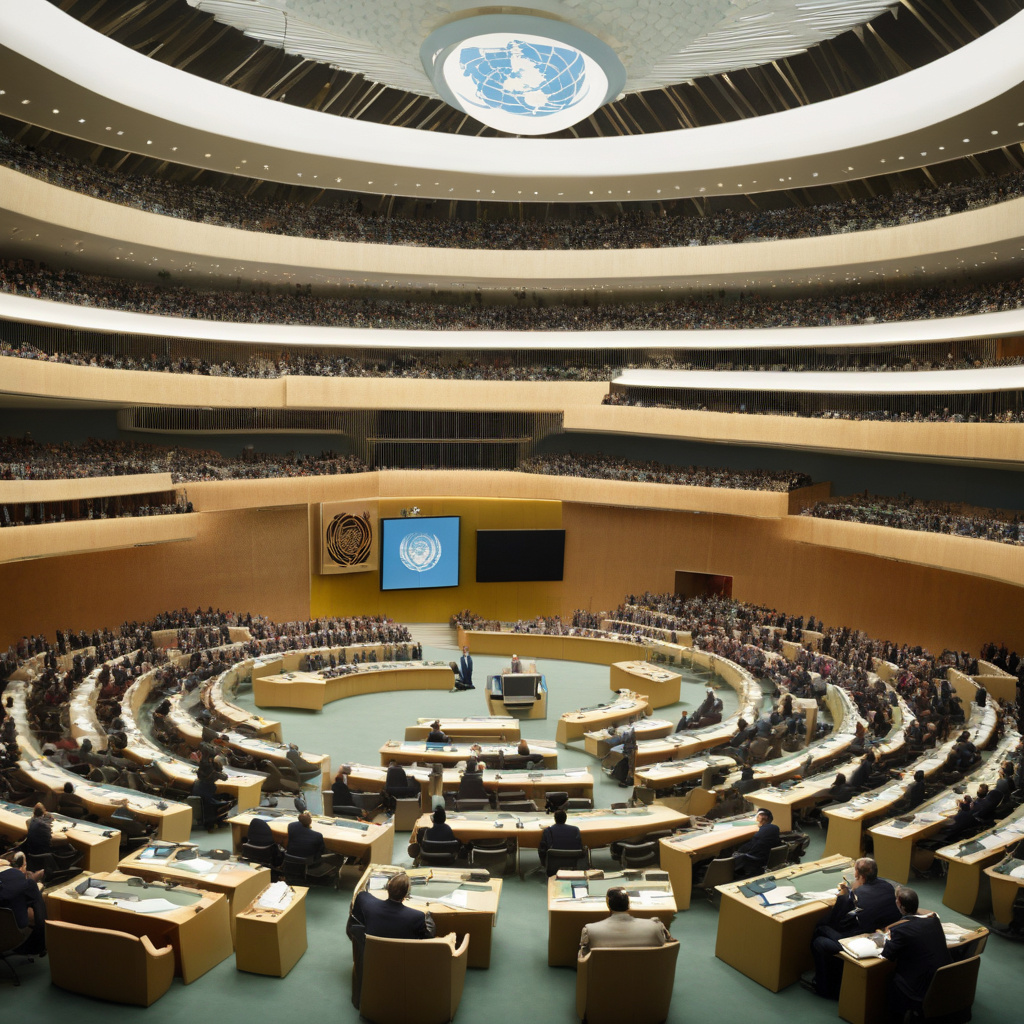UNGA 80: US Stands Against Centralized AI Rulebook
At the recent United Nations General Assembly, discussions surrounding the regulation of Artificial Intelligence (AI) took center stage. Amidst growing concerns about the ethical implications and potential risks associated with AI technology, various countries put forth differing opinions on how best to govern its development and deployment. One of the most notable stances came from the United States, as it openly opposed the idea of placing AI under a centralized international authority.
The US delegation made it clear that they believe in upholding national sovereignty when it comes to regulating AI. Instead of endorsing a one-size-fits-all approach dictated by a global entity, the US emphasized the importance of collaboration with like-minded nations. This stance reflects the country’s commitment to maintaining autonomy in decision-making processes related to technology and innovation.
Supporters of a decentralized approach to AI regulation argue that national governments are better equipped to understand the unique societal, economic, and political factors at play within their borders. By allowing countries to set their own guidelines and standards for AI development, it is believed that innovation can flourish while also addressing specific concerns and priorities relevant to each nation.
However, critics of this approach warn that a lack of unified global standards could lead to inconsistencies in AI regulation, potentially creating loopholes that unethical actors could exploit. They argue that a centralized rulebook overseen by an international body would provide a more comprehensive framework for addressing common challenges and ensuring ethical AI practices across borders.
As the debate continues, it is clear that finding the right balance between national sovereignty and international cooperation will be crucial in shaping the future of AI governance. While the US’s rejection of a centralized AI rulebook may align with its stance on prioritizing autonomy, the need for collaboration and consensus-building on AI regulation remains a pressing issue on the global agenda.
In conclusion, the discussions at UNGA 80 regarding AI regulation highlight the complexities and nuances involved in governing transformative technologies. As countries navigate this ever-evolving landscape, finding common ground on how to approach AI governance will be essential in harnessing its potential for the benefit of society as a whole.
UNGA80, AI regulation, US stance, national sovereignty, international collaboration
